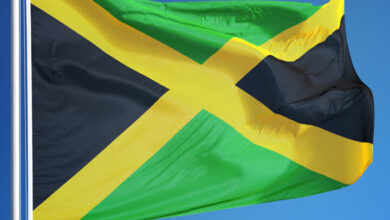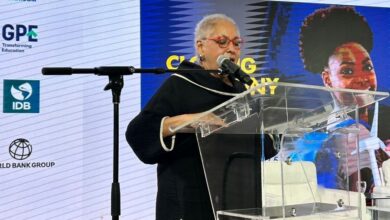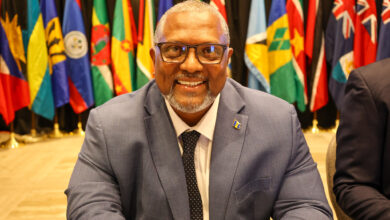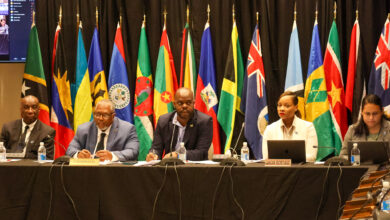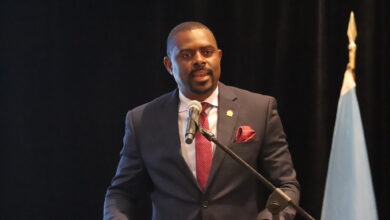GEORGETOWN, Guyana, Stabroek News – To many long-time observers, the current behaviour of the government of North Korea now led by Kim Jong-Un, is reminiscent of Winston Churchill’s 1939 comment on the Soviet Union under Stalin. He described it as “a riddle wrapped in a mystery inside an enigma.” But at the same time, commentaries on the death this week of former British Prime Minister Margaret Thatcher and her relationship with President Gorbachev in a then changing atmosphere in the Soviet Union, similarly remind us of that country’s evolution from the era of Stalin.
In that context, we are forced to ask ourselves whether the current military and other manoeuvres initiated by North Korea’s new President and party leader Kim Jong-Un, are perhaps an inevitable step in a long-term evolution of North Korea, with Mr Kim himself at this time trying to satisfy just too many divergent elements within the autocratic leadership in his country, while he seeks to consolidate his power and authority. Indeed, the newly-elected (December 2012) President Park Geun-hye of South Korea won her victory partly through the electorate’s acceptance of her promise of pursuing what were perceived to be possibilities for a normalizing of relationships with North Korea under its the new leader.
Recent events emanating from the North suggest that Mr Kim, whom many analysts have read as appearing to want to modernize his country beyond Kim il Sung’s efforts (or lack of them) and at least pursue an evolution of positive relationships with the outside world, and in particular South Korea, would seem to have been misread. Mr Kim appears not only to be on the old warpath of Kim il Sung, but to be shooting his country in the foot, so to speak, by even closing off existing cooperative border industrial activities between the two countries.

